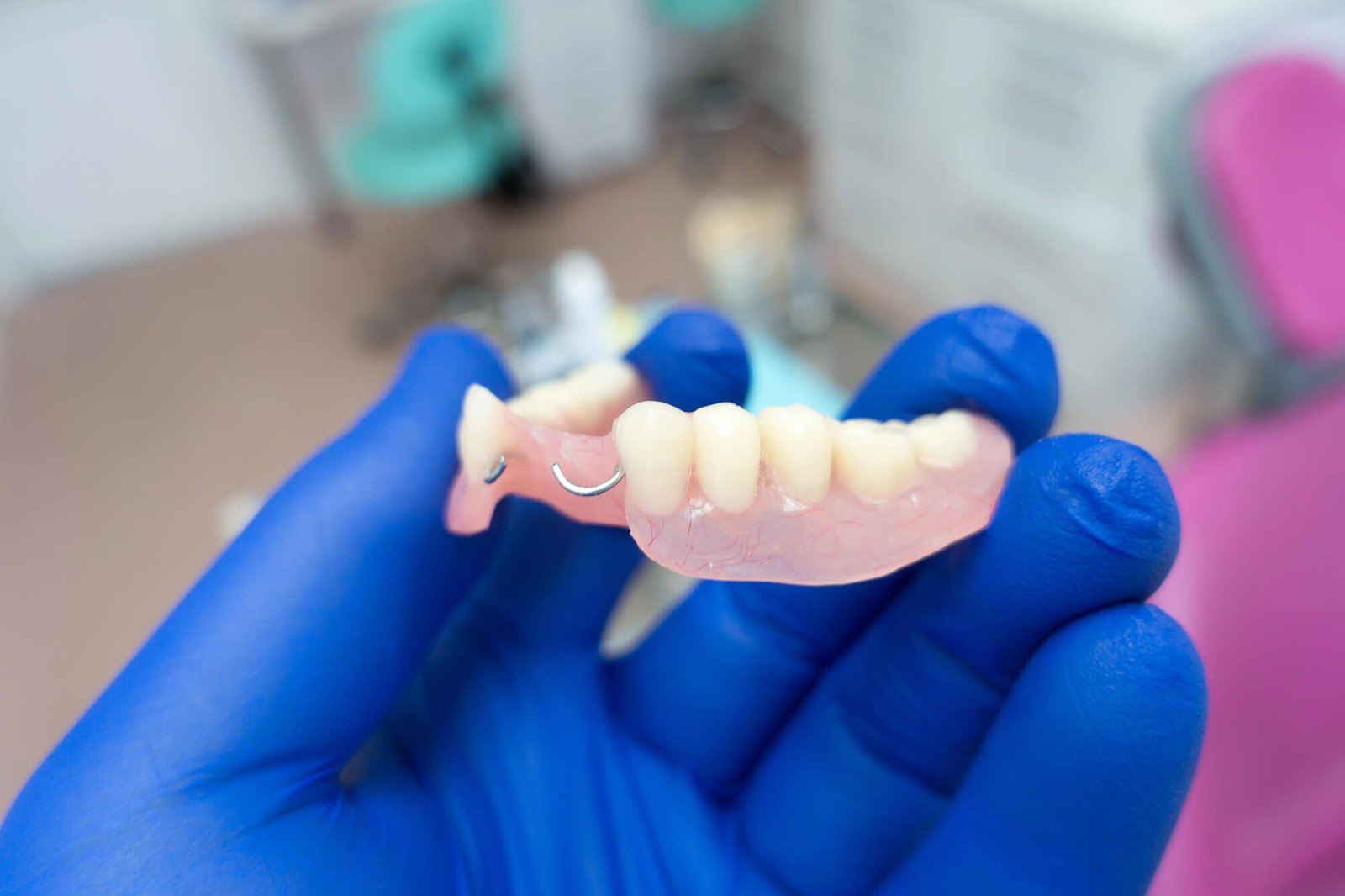Sedation dentistry in North Miami has revolutionized dental procedures, allowing patients with dental anxiety or phobia to receive treatment safely and comfortably. However, like any medical procedure, sedation dentistry has potential risks and side effects that patients should know. In this article, we’ll explore sedation dentistry’s potential risks and side effects and how to reduce your risks.
Risks and Side Effects of Dental Sedation
Types of Sedation Used in Dentistry
Different types of sedation are used in dentistry, ranging from mild to deep sedation. The most common types include nitrous oxide (laughing gas), oral sedation, IV sedation, and general anesthesia. The type of sedation used depends on the procedure and the patient’s level of anxiety or fear.
Potential Risks and Side Effects of Sedation Dentistry
Common side effects of sedation dentistry include drowsiness, nausea, vomiting, headache, and dry mouth. These side effects are usually mild and short-lived. However, there are rare but serious risks associated with sedation dentistry, such as allergic reactions, breathing difficulties, and cardiovascular problems. Patients with certain dental conditions or taking certain medications may be at increased risk of complications.
Precautions and Safety Measures
To minimize the risk of complications, certain precautions and safety measures must be taken during sedation dentistry. Before the procedure, the sedation provider will evaluate the patient’s medical history and perform a physical examination to determine if they are a good candidate for sedation.
During the procedure, vital signs such as heart rate, blood pressure, and oxygen saturation are continuously monitored. The sedation provider should be qualified and experienced in administering sedation, and the dental office should have emergency equipment and medications on hand in case of a complication.
How to Reduce the Risks of Sedation Dentistry
There are certain things patients can do to reduce the risks of sedation dentistry. They should follow pre-operative instructions carefully, report any allergies or medical conditions to the sedation provider, and avoid eating or drinking before the procedure as instructed. Patients should also have someone accompany them to and from the appointment, as they may be dizzy and unable to drive.
Are You Interested in Sedation Dentistry in North Miami?
At Biscayne Dental Center, our team can provide safe and secure sedatives. By following safety precautions and working with an experienced sedation provider, patients can minimize risks and have a comfortable and successful dental experience. If you have any concerns or questions about sedation dentistry, call us!







